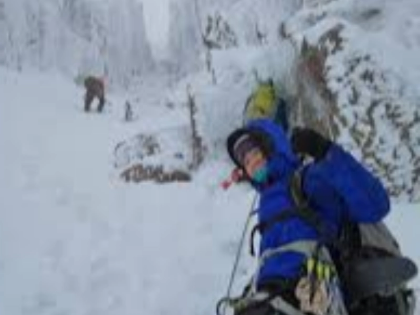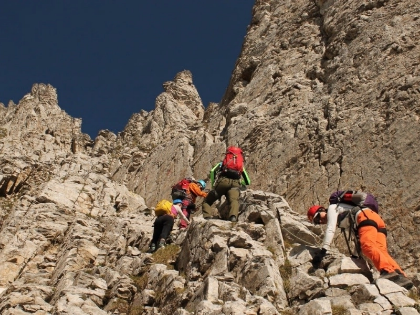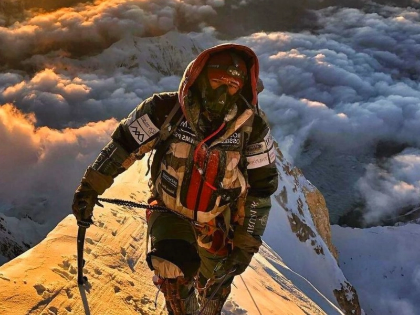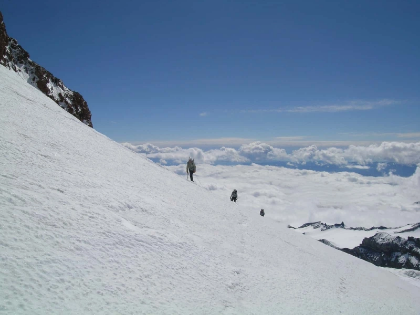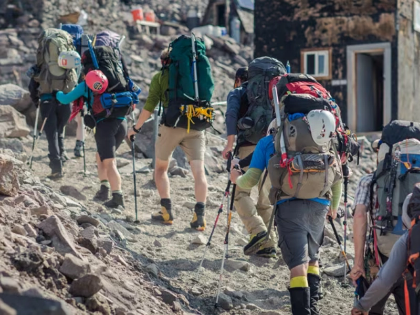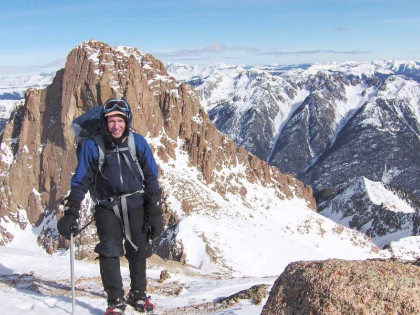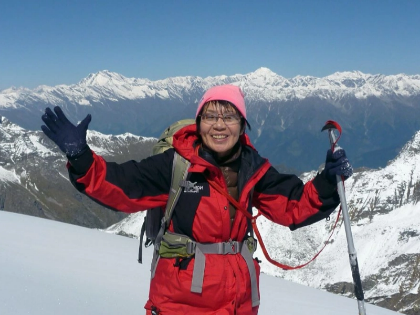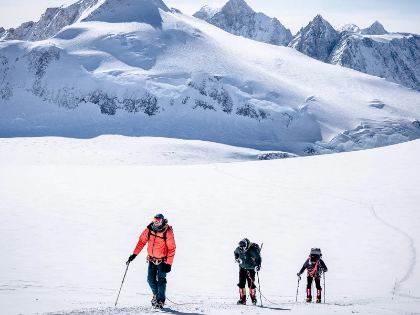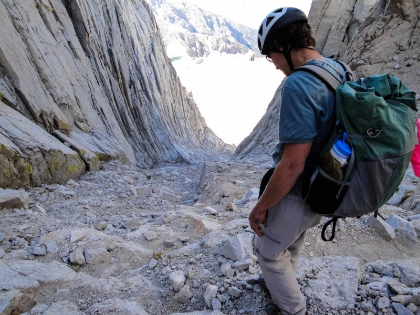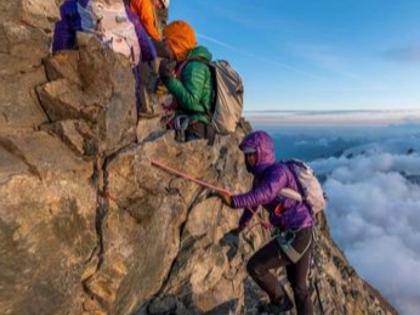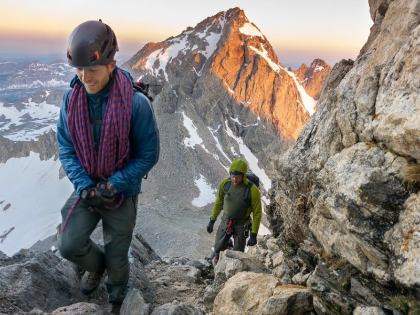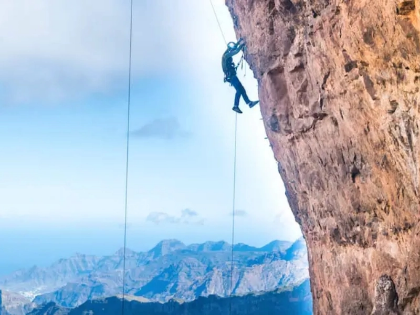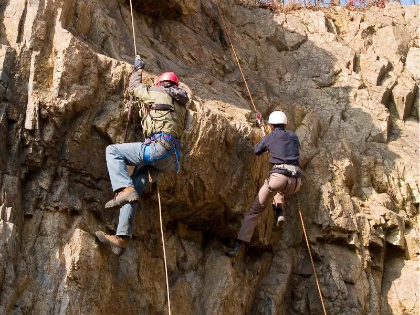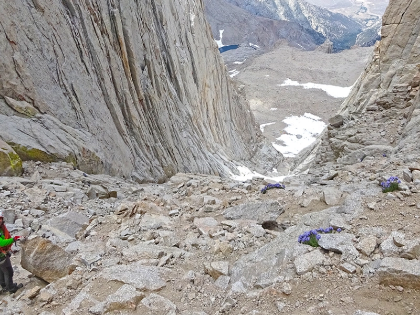How to Begin Climbing Mountains
Mountaineering requires a significant amount of time and energy. To learn how to climb technically and travel securely in the mountains, many individuals first enroll in a course or hire a guide. Most then begin regular, rigorous training many months before their trip. This includes doing regular cycling and running to increase cardiovascular endurance, building leg muscles with indoor stair climbing, and strengthening the upper body with weightlifting to support a large load.
Begin with a class.
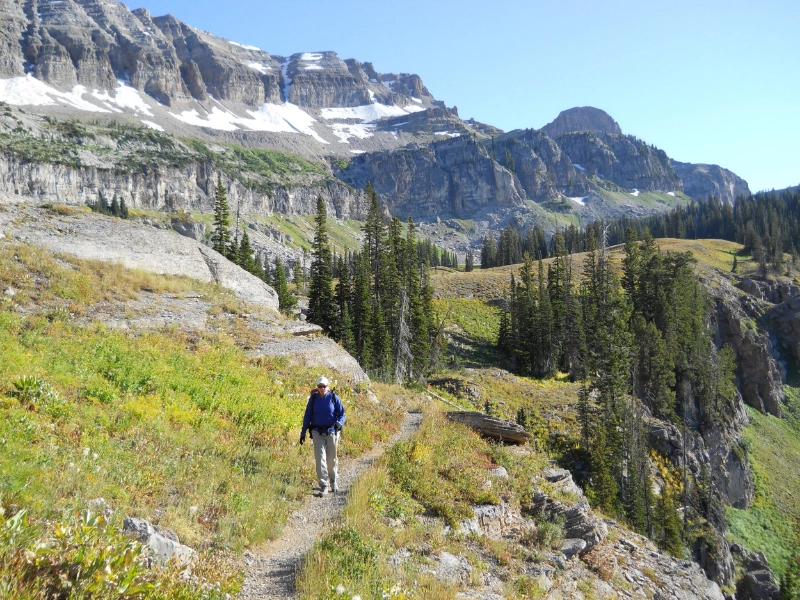
Go on a trip.
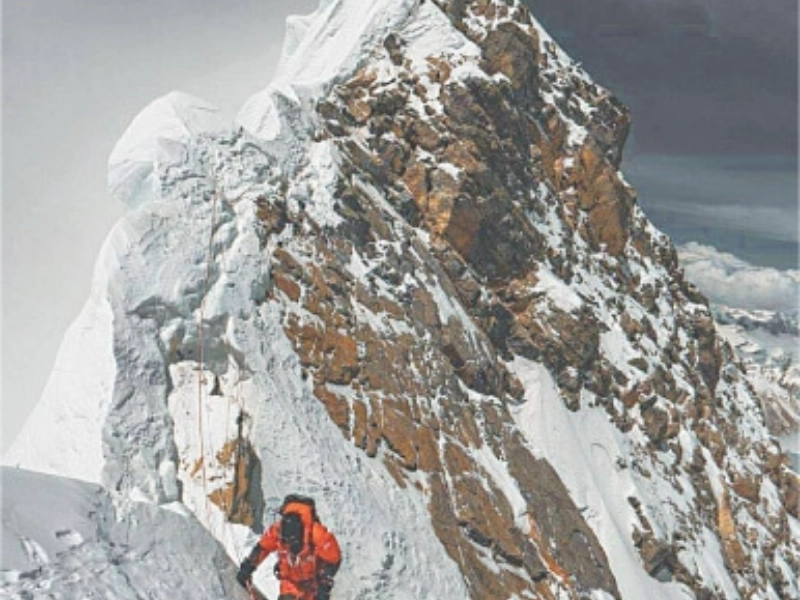 Many people hike or trek in a remote wilderness region before taking up mountaineering as a new sport. In addition to learning about packing, route planning, and mountain weather, this can be a terrific chance to put your climbing talents to the test without the pressure of a summit attempt.
You need a lot of experience and practice if you wish to do mountaineering seriously. A trip to a peak higher than 14,000 feet can be quite difficult, and not every climber will reach the summit.
Start with interval training to improve your oxygen processing capacity and develop strength and endurance in order to get ready for a trip like this. Go on multiday backpacking expeditions to higher altitudes to gain experience scrambling over vast ridges and crags both by yourself and with a partner while roped up. You must be at ease with long-distance travel, living out of a backpack, and having restricted access to supplies like food and water. To get past challenges like exhaustion, cold, and altitude, this will also require a great deal of mental fortitude.
Many people hike or trek in a remote wilderness region before taking up mountaineering as a new sport. In addition to learning about packing, route planning, and mountain weather, this can be a terrific chance to put your climbing talents to the test without the pressure of a summit attempt.
You need a lot of experience and practice if you wish to do mountaineering seriously. A trip to a peak higher than 14,000 feet can be quite difficult, and not every climber will reach the summit.
Start with interval training to improve your oxygen processing capacity and develop strength and endurance in order to get ready for a trip like this. Go on multiday backpacking expeditions to higher altitudes to gain experience scrambling over vast ridges and crags both by yourself and with a partner while roped up. You must be at ease with long-distance travel, living out of a backpack, and having restricted access to supplies like food and water. To get past challenges like exhaustion, cold, and altitude, this will also require a great deal of mental fortitude.
Join a group.
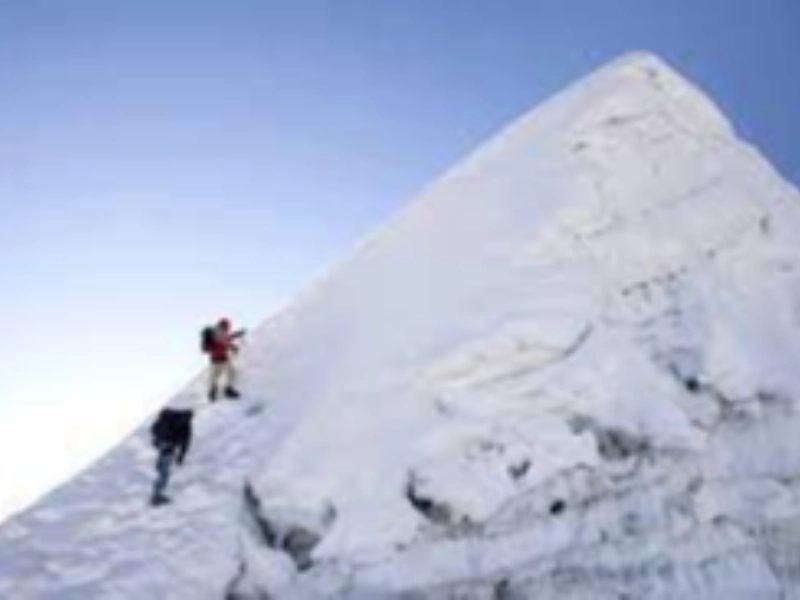 Climbing with a partner is always preferable, especially if you're new to the sport. Enrolling in a course with friends, joining a tramping club, or joining an internet group are excellent means of connecting with experienced individuals who can offer guidance and assess novice climbers.
After completing a course, acquiring equipment, and beginning training, it's time to start organizing travel and alpine adventures. You can travel with a guide or retake the course to pick up additional abilities like using an ice axe and traveling on snow and glaciers.
Make sure the excursion you choose has appropriate weather and is within your technical and physical capabilities. Having some recent observations regarding the snow and ice conditions on the peak you intend to climb is also a good idea. For example, Nanga Parbat is a very deadly mountain that, in the wrong circumstances, might kill you in a matter of seconds.
Climbing with a partner is always preferable, especially if you're new to the sport. Enrolling in a course with friends, joining a tramping club, or joining an internet group are excellent means of connecting with experienced individuals who can offer guidance and assess novice climbers.
After completing a course, acquiring equipment, and beginning training, it's time to start organizing travel and alpine adventures. You can travel with a guide or retake the course to pick up additional abilities like using an ice axe and traveling on snow and glaciers.
Make sure the excursion you choose has appropriate weather and is within your technical and physical capabilities. Having some recent observations regarding the snow and ice conditions on the peak you intend to climb is also a good idea. For example, Nanga Parbat is a very deadly mountain that, in the wrong circumstances, might kill you in a matter of seconds.
Locate a mentor.
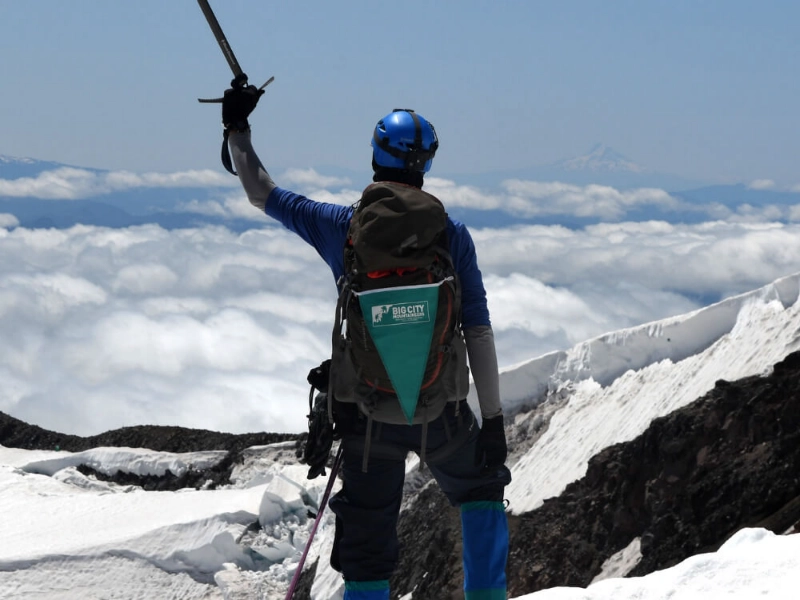 The sport of mountaineering demands both physical and technical abilities. The majority of mountaineering participants begin regular, rigorous training several months before a trip. This involves jogging and trekking with a heavy pack, weight lifting to prepare the upper body for carrying a backpack, and indoor stair climbing to develop the leg muscles necessary for climbing.
Finding a mentor who is knowledgeable about teaching mountaineering techniques is crucial. They will be able to offer guidance on how to train and get ready for the trip, as well as the best routes and weather for climbing. They will also be knowledgeable about any specialized equipment you might require for the trip and able to assist with gear. Having an experienced guide will help you gain the abilities and confidence you need to continue your climbing career. Mountaineering is a lifelong pursuit.
The sport of mountaineering demands both physical and technical abilities. The majority of mountaineering participants begin regular, rigorous training several months before a trip. This involves jogging and trekking with a heavy pack, weight lifting to prepare the upper body for carrying a backpack, and indoor stair climbing to develop the leg muscles necessary for climbing.
Finding a mentor who is knowledgeable about teaching mountaineering techniques is crucial. They will be able to offer guidance on how to train and get ready for the trip, as well as the best routes and weather for climbing. They will also be knowledgeable about any specialized equipment you might require for the trip and able to assist with gear. Having an experienced guide will help you gain the abilities and confidence you need to continue your climbing career. Mountaineering is a lifelong pursuit.
